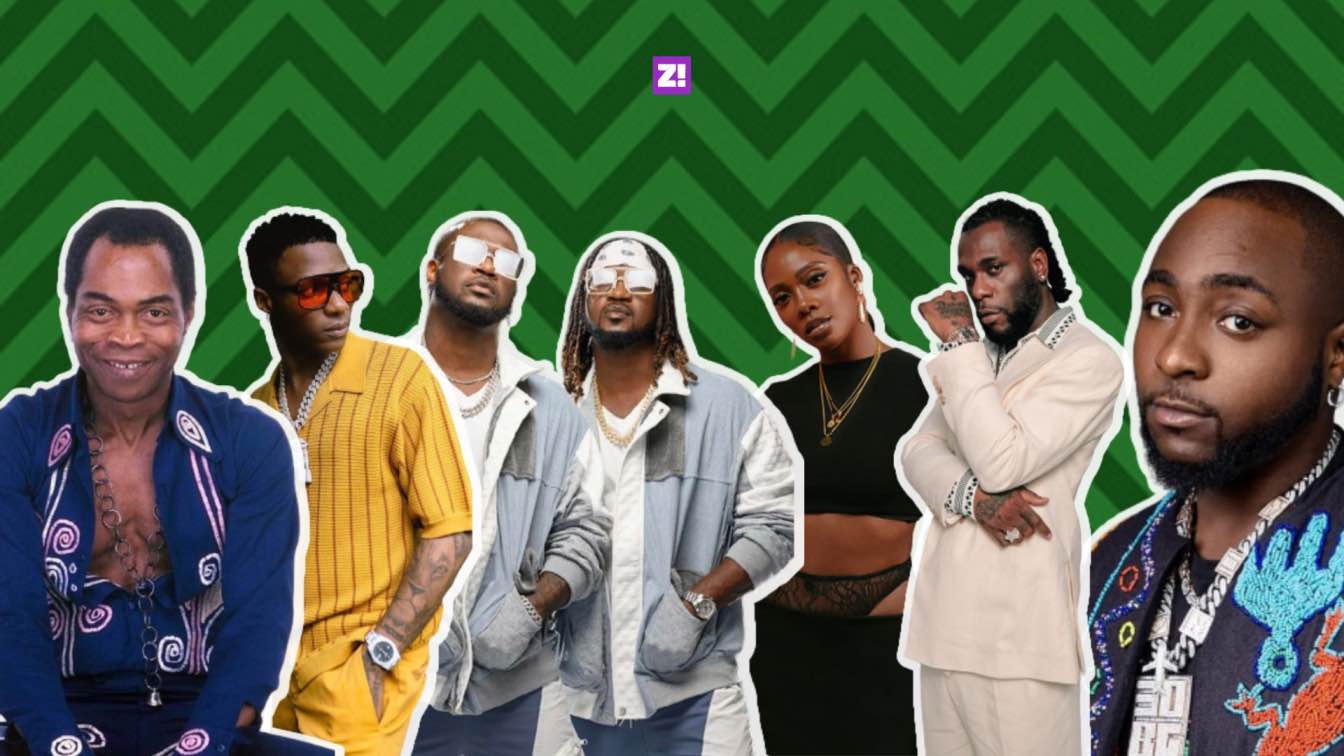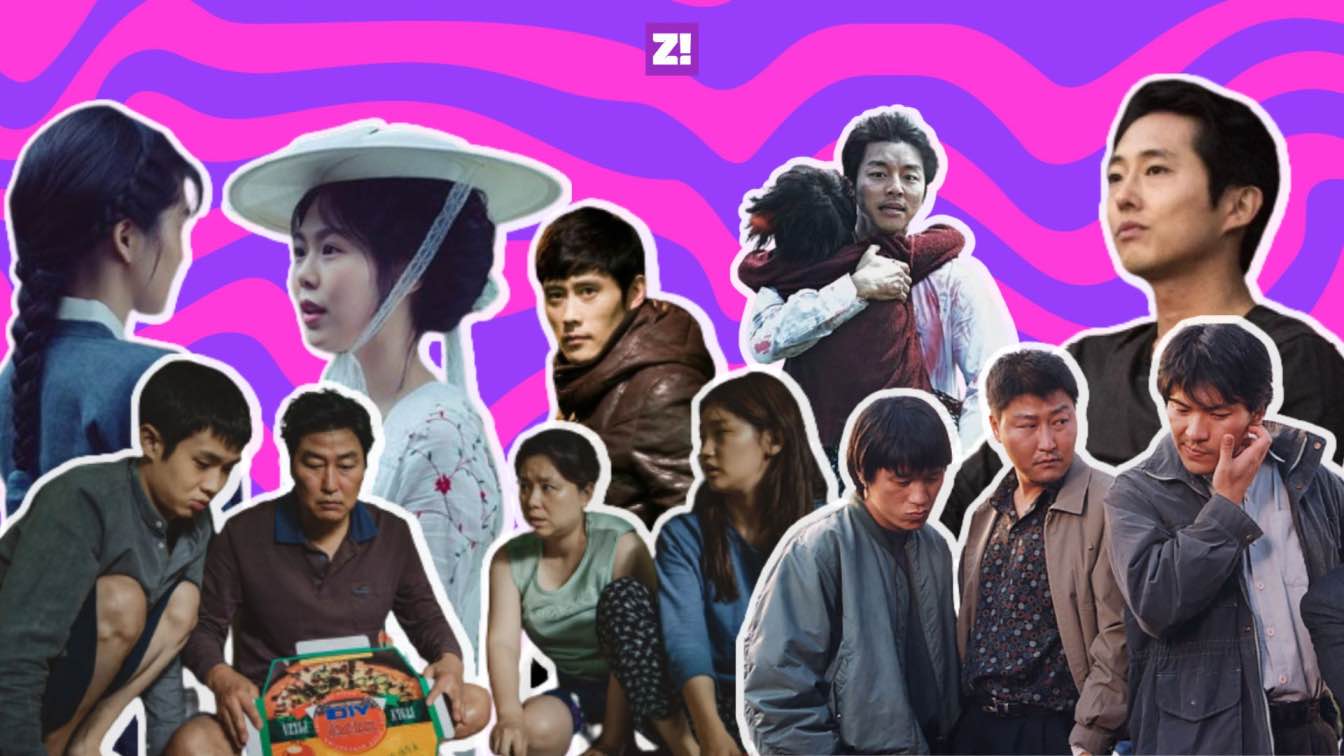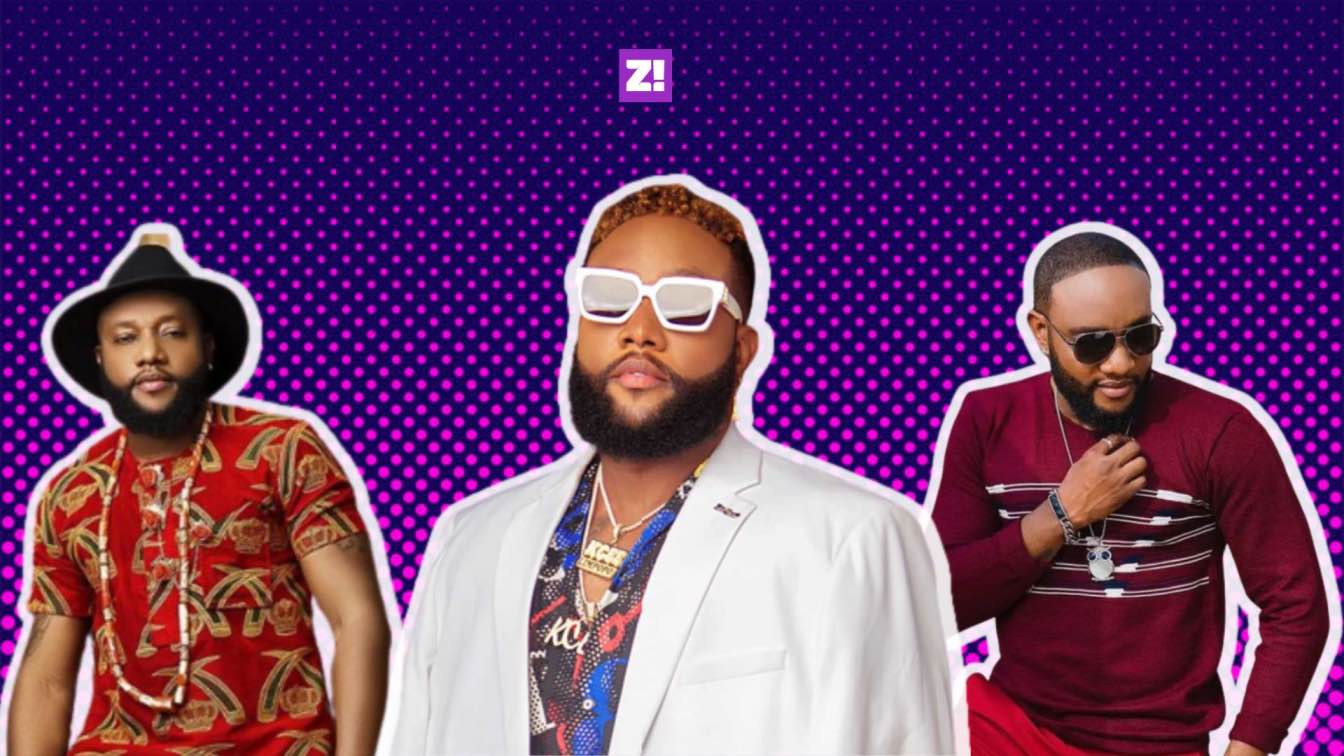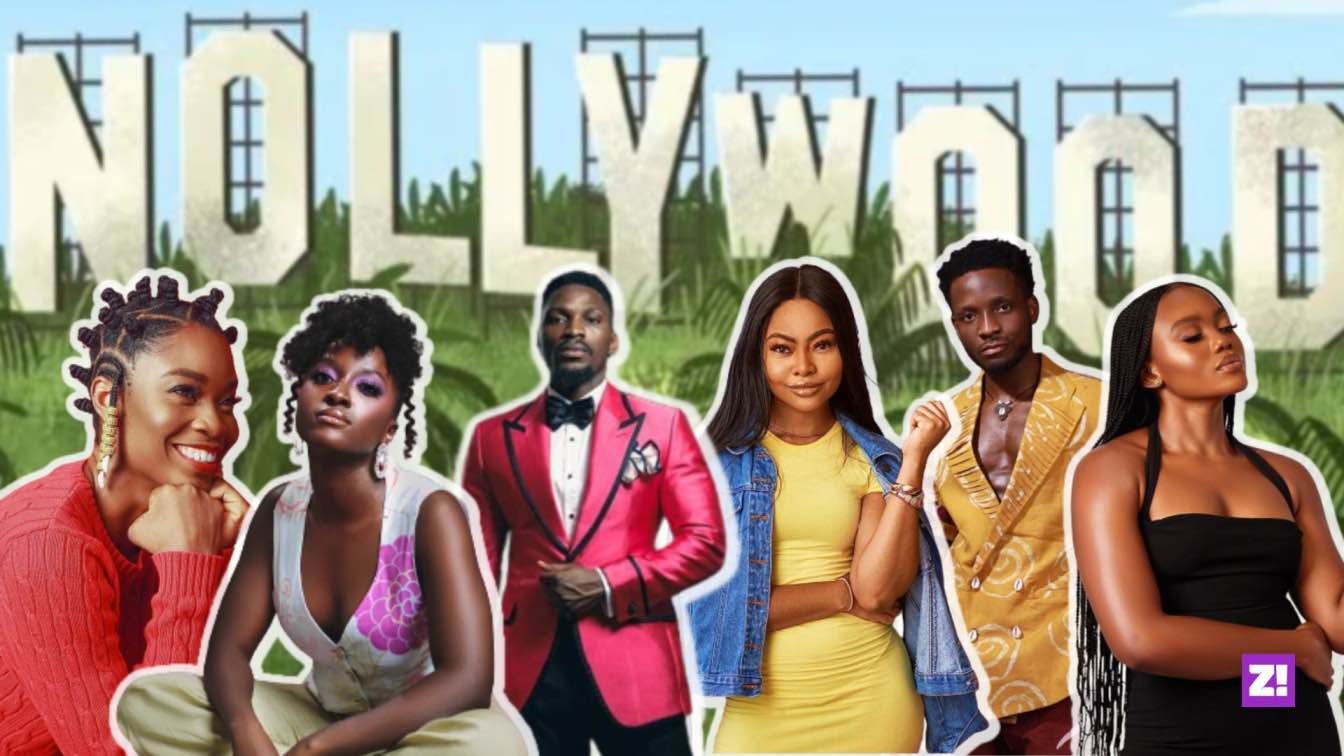Folu* is a 35 year-old gay Nigerian man living in Atlanta, Georgia. Before leaving Nigeria, he didn’t have or feel like he needed a gay community of friends. But everything changed when he finally moved to a country where he didn’t have to hide behind machismo.
This is Folu’s story, as told to Conrad.
Have you ever heard of straight-passing? It’s the queer version of how biracial people like Mariah Carey can often pass for white, but for sexuality, it’s a queer person passing as straight. Even though straight-passing is a controversial subject, it’s something I’ve always done, consciously and unconsciously.
I’d always known I was gay for as long as I could remember. There wasn’t any significant moment of realisation; my queerness just came with my consciousness as a human being. But the thing is, I didn’t tick any of the stereotypical boxes gay men were supposed to tick. I didn’t care about fashion, pop music or Drag Race. I was a “guy’s guy” who liked football and beer. The only thing that differentiated me from the next guy was that I might be attracted to that guy.
Because of my ability to easily assimilate into the straight community, I never suffered any form of bullying or discrimination. All my friends were straight except one — another straight-passing guy. I’d always assumed it was an unconscious choice, but the older I got, the more I had to confront the truth that part of my blending in was a defence mechanism. If I looked and sounded “straight”, no one would suspect anything, and I’d be safe.
But all of that changed when I relocated from Lagos to Atlanta in 2021.
When I started applying for jobs in Atlanta, I honestly didn’t think I’d get one. In a post-lockdown world where people were losing their jobs everywhere, here I was on a plane to take up a job that would’ve easily been given to an American.
I left Nigeria, never knowing what it felt like to have openly gay friends. All the other gay men I knew were men I’d met on hookup apps and had sex with. And because of my internalised homophobia and the fear of being outed
Like me, Nathan was Nigerian, but he’d moved to Atlanta right after secondary school for university. He was nothing like I’d ever experienced, and till today, I still like to say he forced our friendship. Because he’d moved to America earlier, Nathan had a surer sense of self and sexuality. He’d experienced loved loudly, chopped breakfast, gone back to the streets and expressed himself freely as a gay man. I avoided him at first because I didn’t want to be the new gay guy from Nigeria, but he saw through my bullshit and persisted.
RECOMMENDED: 6 Queer Nigerians Tell Us What It Is Like Being Outed
Even though I knew I was finally in a country where I didn’t have to pretend, I was still very discreet. I kept all my interactions with queer men to just sex. And oh boy, I was having a lot of it. However, when the novelty of meeting new men every two days started to wear off, I started to feel lonely, and that’s when Nathan and I became friends. He was the first Nigerian I got close to and the only person who understood the loneliness I was feeling at the time. I eventually warmed up to having my first openly gay friend.
The first time I admitted to being gay in Atlanta was while filling out a hospital form. After the “Male”, “Female, and “Others” part of the form, there was a box for “Sexual Orientation”. Coming from Nigeria, this was new to me. After much thought, I ticked the “Gay” part. That moment turned out to be a major turning point for me.
The final part of my acceptance happened when Nathan dragged me to the 2021 pride ceremony in Atlanta. I’d heard about pride when I was in Nigeria, and I also remember when young Nigerians were calling for one. I distinctly remember reading an article by Vincent Desmond and wondering why we needed pride in Nigeria, knowing we weren’t even safe in the first place. I thought it was the new generation of gays being extra and overly influenced by Western media.
Before getting to America, I used to think of pride as a massive petri dish of gay men and women looking to hook up. And while that can be true, in Atlanta, I also noticed something more: community. Thanks to Nathan, I ended up talking to many people, and everyone there had a story to tell. Some struggled with self acceptance, some had accepted themselves but struggled with a lack of acceptance from their friends and family while others just came out with a “fuck the world” attitude.
Despite the diverse skin tones and experiences, we were all connected, not just by our pain but by our joy. Pride was a celebration I didn’t know I needed until I was smack in the middle of it.
The emotions during the pride march got so overwhelming that I found myself crying. The tears were for many things: for the time I’d lost building relationships where I was scared to be myself; for the fact that this glorious thing I was experiencing was something many Nigerian queer men needed but lacked access to; andbecause I recognised how lucky I was to be in a space where I could love and be loved without fear.
I’m not big on tears, so this was a moment for me.
Even though I’d made plans to go back home with someone and have lots of sex, I left that march with something more. For the first time, I not only realised who I was, but I also accepted it. I’ll never tick the stereotypical boxes of being gay, and that’s alright. While I’m still the football-loving, super macho gym bro, I’m also gay AF and not afraid to show it anymore. It took leaving Nigeria for me to finally accept who I really am.
*Name has been changed to protect the identity of the subject involved.
ALSO READ: 5 Queer Nigerians’ Thoughts on Celebrating Pride Month




